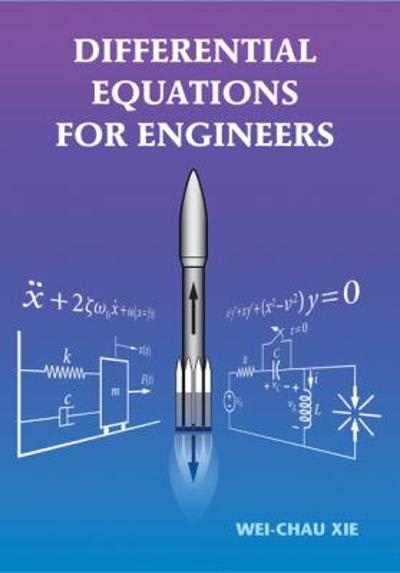Question
Expectations For these questions, you are given brief summaries of research scenarios, specific hypotheses, and accompanying data. You are required to conduct appropriate statistical analyses
Expectations
For these questions, you are given brief summaries of research scenarios, specific hypotheses, and accompanying data. You are required to conduct appropriate statistical analyses of the data to draw conclusions for each research hypothesis. Write a brief report of the results in which you Highlight all inferential statistical effects (e.g., There was a strong main effect of Factor A) Discuss the qualitative nature of any such effects (e.g., Group A scored higher on than group B) Report the results of your statistical tests using the appropriate APA formatting for each respective statistical test (e.g., t[12] = 2.53, p = .026, d = 0.74, 95% CI = [1.34, 4.78]) Refer back to the research scenario to make a broad declarative statement about how well the research hypothesis is supported For all analyses, assume two-tailed hypothesis tests with = .05 unless otherwise specified. All parametric analyses must include effect sizes. Any t-tests must include 95% confidence intervals. Any analysis that includes an F-test must also include an accompanying ANOVA table. Any analysis that includes a correlation must also include the variances of the variables and their cross product (SP; covariability). Any analysis that includes linear regression must also include all relevant descriptive statistics (i.e., SSResidual, standard error of the residual, regression equation). Any non-parametric analysis must include the ranked scores and the sum of ranks (R). You are free to use statistical software (e.g., SPSS, SAS, R, sciPy, MATLAB) to conduct statistical analyses and construct data plots. However, you must provide screenshots of your output as part of your submission. Please embed these images in the word-processed document, rather than submitting them separately. If you would prefer to compute statistical tests and construct data plots by hand on paper, please take photos of your work and embed them into your submission in much the same manner. Alternatively, you could type out your hand calculations, but this would likely be rather tedious and we therefore advise against it. If you opt to use statistical software, please report exact p values for each statistical test (e.g., p = .026). Otherwise, if you perform hand calculations, report p values in relation to (e.g., less than) the appropriate -level (e.g., = .05) and include the critical values from the relevant statistical tables provided in the textbook for each statistical test (e.g., p Question 4 Cognitive psychologists are examining the effect of visuospatial cueing on perceptual processing speed. They designed an experiment in which a square randomly appeared on either the left or right side of a computer monitor and participants were required to push a button as soon as they detected the square. Each participant repeated this action hundreds of times. On half of the trials, a quick flash of light preceded the appearance of the square and it always appeared on the same side of the computer monitor as the square (Cued condition). On the other half of the trials, no such flash occurred (Control condition). The researchers measured the average time it took participants to detect the square on trials in both the Cued and Control conditions (see Table 4 below). What can the researchers conclude about the effect of visuospatial cueing on perceptual processing speed? Show all relevant descriptive statistics.

Step by Step Solution
There are 3 Steps involved in it
Step: 1

Get Instant Access to Expert-Tailored Solutions
See step-by-step solutions with expert insights and AI powered tools for academic success
Step: 2

Step: 3

Ace Your Homework with AI
Get the answers you need in no time with our AI-driven, step-by-step assistance
Get Started


